What to Consider Before Buying a Bigger Home
Deciding to upsize your home is a significant step. Moving from your first home to your next can be both exciting and stressful. Before deciding if up-sizing to the next home is right for you, take some time to address the following questions.

Why do you want to upgrade your home?
Sometimes the answer is clear. Many people decide to buy bigger because their family is growing and they have simply run out of space. Whether it's a new baby or aging parents moving in, having extra space to accommodate more people makes sense.
Other homeowners want to upgrade for different reasons. Some decide to rent a room or outbuilding to generate some extra income. Sometimes, it's about how the home is working for the lifestyle. Perhaps your home would be more functional if you had more storage space, or maybe you're running a business from your home.
Explore all the reasons you want to upgrade your home so that you and any other decision-makers are absolutely clear about why you want to upgrade.
Is bigger truly better?
Given the current housing demands, consider this answer carefully. The high demand for housing is pushing median housing prices higher and resulting in an ultra-competitive market. While you may get more from your home sale, you're going to pay out that money when you purchase a new home.
Before you decide moving is the solution, are there steps you can do to make your current property work better? Sometimes the answer isn't moving but making some layout changes or decluttering the property. You could use a home equity line of credit (HELOC) to upgrade the space, do some renovations, or add an addition that would solve your space needs.
How long will you be in your next home?
Like your current home, the longer you stay in it, the better it is to build equity. Purchasing a new home will have additional costs for closing and moving. Avoiding these costs will help you save money in the long run. If you do need to move, make sure you plan to stay in the new home for an extended time to make the closing costs worth the expense.
Where will you have to move to find something bigger?
When we buy a home, we buy not just the structure but the community around it. Do you really like the neighborhood you are in? Perhaps you initially picked the area because it was close to the amenities you like, or it was in the right school district for your children. Maybe you like the people and the community amenities. The thing is, to find a bigger home, you might need to leave that neighborhood.
Can you afford a bigger home?
If you are serious about upsizing your home, do the math to make sure it is a wise financial decision.
First, estimate how much you might clear on the sale of your current home. It can be helpful to talk to real estate agents to get an estimated list price. Compare this to how much you owe on the house, plus closing costs and the commission you'll pay an agent.
Talk to Luminate Home Loans about your current financial situation. Get an estimate on how much home you can afford right now. Look to see if that figure aligns with what buying a bigger home means in your local real estate market.
Remember, a bigger home means more expenses. Create a new estimated budget for your housing expenses. Include utilities, property taxes, insurance, and home maintenance for the larger home.
Estimate any other expenses associated with buying your next home. These include the closing costs, the storage of your personal items, and potentially temporary housing if you need to wait to move into your new home.
What are your home purchase goals?
Before you start looking on the market, set your criteria for the home purchase. Do you know why you are buying bigger? If it's to add bedrooms or for home office space, that should be one of your goals. Look for the features you want and stick to your budget.
Stepping up in your home
Moving into a larger home can be an exciting step in your life. Just make sure it's a decision made carefully and with due consideration for the big picture. It's easy to overextend what you need if you are not careful in your purchasing decision.
Talk to your real estate professionals and Luminate Home Loans about what a larger home could mean for you.






